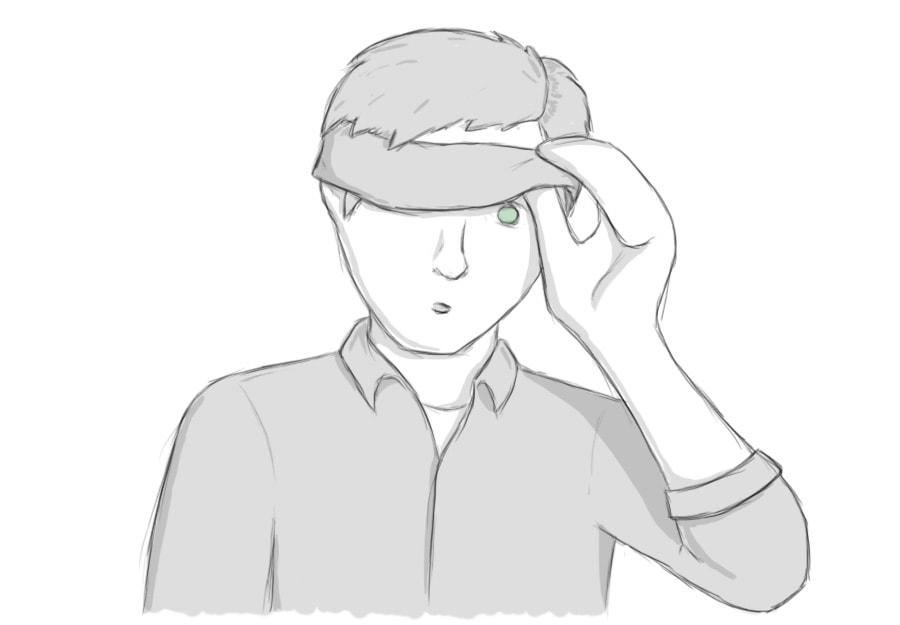
May 16, 2017
Global Accessibility Awareness Day: Our Approach to Accessibility Over the Years

This Thursday marks the sixth annual Global Accessibility Awareness Day and we, at Digital Services Georgia, are ready to celebrate! For well over a decade, we’ve made accessibility a priority on the GeorgiaGov platform.
In 2016 we were honored to receive an award from the National Association of State Chief Information Officers (NASCIO). The award recognized our Accessible Platform Initiative. In a relatively short amount of time, we took our platform through a major overhaul to fix accessibility issues in some of the code, colors, and fonts. It was a major effort and we’re excited for the positive impact the initiative has brought to Georgians.
But the recent initiative isn’t where we started, and it’s definitely not where we end.
Our Journey Through Accessible Upgrades
From the beginning, we’ve strived for accessible websites. We built the GeorgiaGov platform to comply with federal Section 508 standards for technical accessibility. Through the AccessGA initiative, we’ve continually updated our platform to meet and exceed the latest accessibility requirements.
We want everyone to have access to Georgia’s government websites, and we sure haven’t been quiet about it. We frequently blog about accessibility, and in 2014 we even hosted a GOVTalks conference entirely focused on accessible web practices.
In 2014 we announced our partnership with Georgia Tech’s AMAC Accessibility Solutions and started the Accessible Platform Initiative that concluded in early 2016.We made several improvements to our platform code and colors. And of course accessibility is a key requirement for all of our new development. Anytime we build a new feature or functionality, we test thoroughly for accessibility to make sure that it benefits all users.
Now that we have a Section 508 and WCAG2.0 AA compliant platform, we’ve focused our efforts on training state agency content managers. For those who can’t make it to our trainings or who’d like a second pair of “eyes,” we’ve provided an accessibility checker right in the site editor. When editors prepare a new or updated page, they can click a single button to see where the content might have accessibility issues and how they can fix it. We recognize that an accessible platform isn’t enough; We also need accessible content.
Our latest endeavor, conversational interfaces, allows citizens to consume and interact with state information without having to rely on screen readers. Always with the user in mind, we plan to bring state government information to users in a hands-free, natural way.
Why Should We Care So Much?
Imagine going to the grocery store blindfolded. For a lot of us, it would be tricky to get around, but if we know the store well, we could probably figure it out.
Now imagine shopping blindfolded in a store you don’t know while relying on an incapable guide. All you want is salad dressing. But your guide introduces you to the store every time you ask a question, provides either too much or too little information at every stop, and doesn’t organize any of it in a way that you can understand.
And here’s where you leave the store and decide that you’ve always preferred your salads dry anyway.
That’s one example of what it might be like for someone using a screen reader to navigate through an inaccessible website. It’s frustrating and it limits your access to basic, needed information.
Serving a Growing Population
Metaphors aside, we make our websites accessible because we know that hundreds of thousands of Georgians need them to be!
Almost 9% of Georgia residents under the age of 65 have some form of disability, and the percentage only increases when you look at older groups. This is often the population that benefits most from online services and information … but only when they can access it.
At some point, all of us benefit from web accessibility, whether that’s with a screen reader, with text that stands out from the background, or even with simple language. We have always recognized that by making our websites accessible for people with disabilities, we’re making them better for everyone.
For years, we have led the way for accessible websites in the public sector, and we have no intention of slowing down.
Happy Accessibility Awareness Day!
